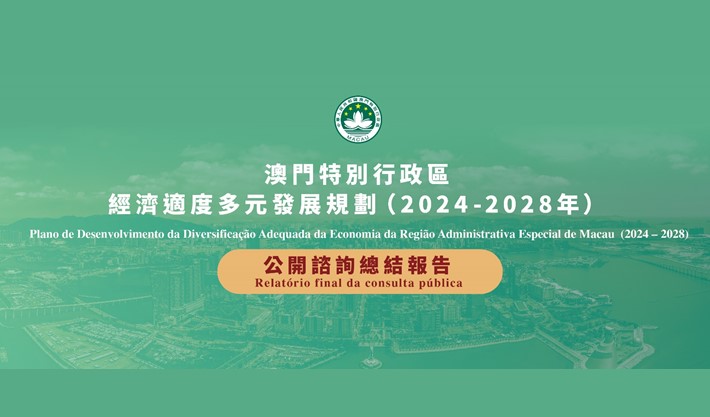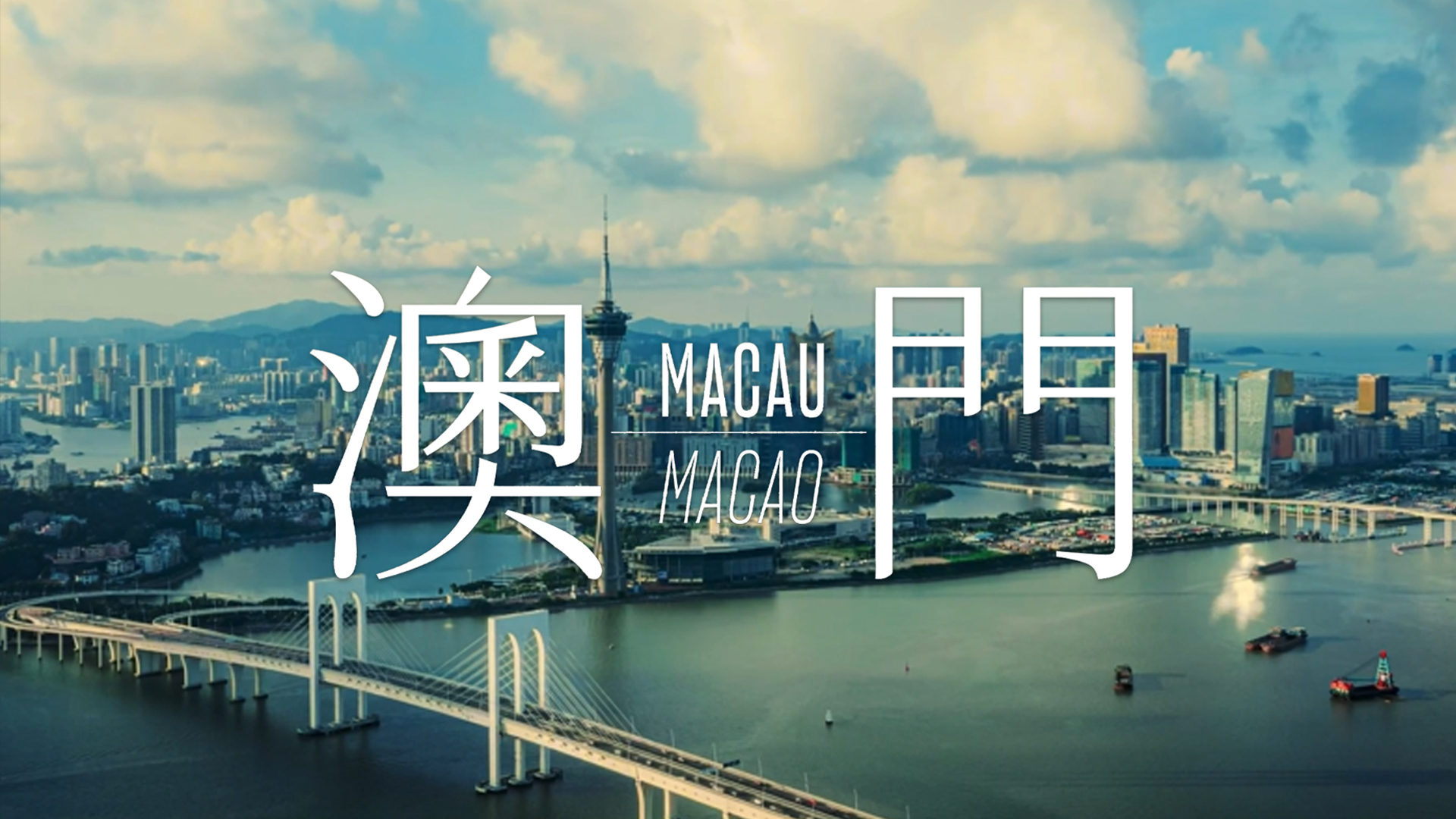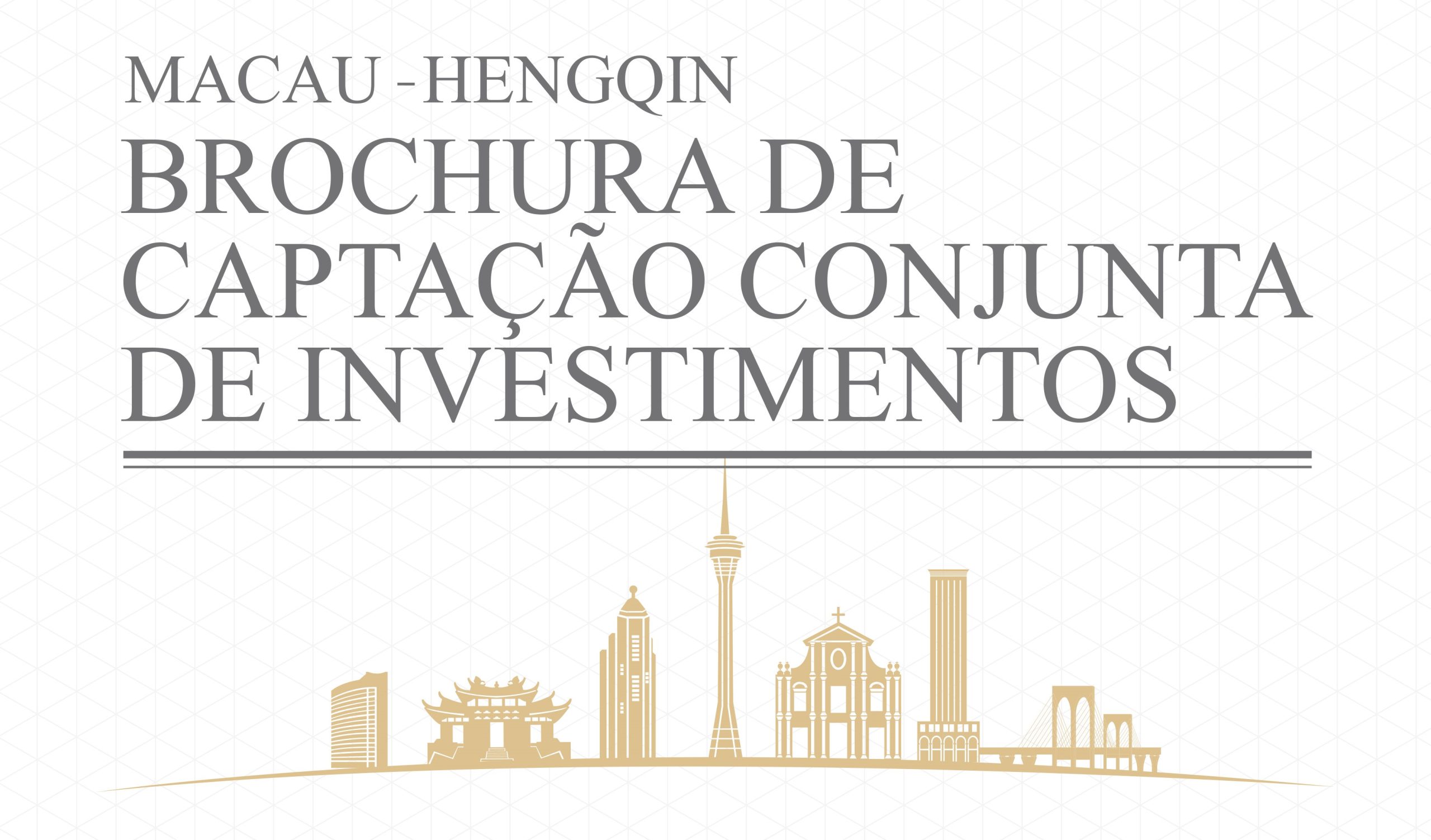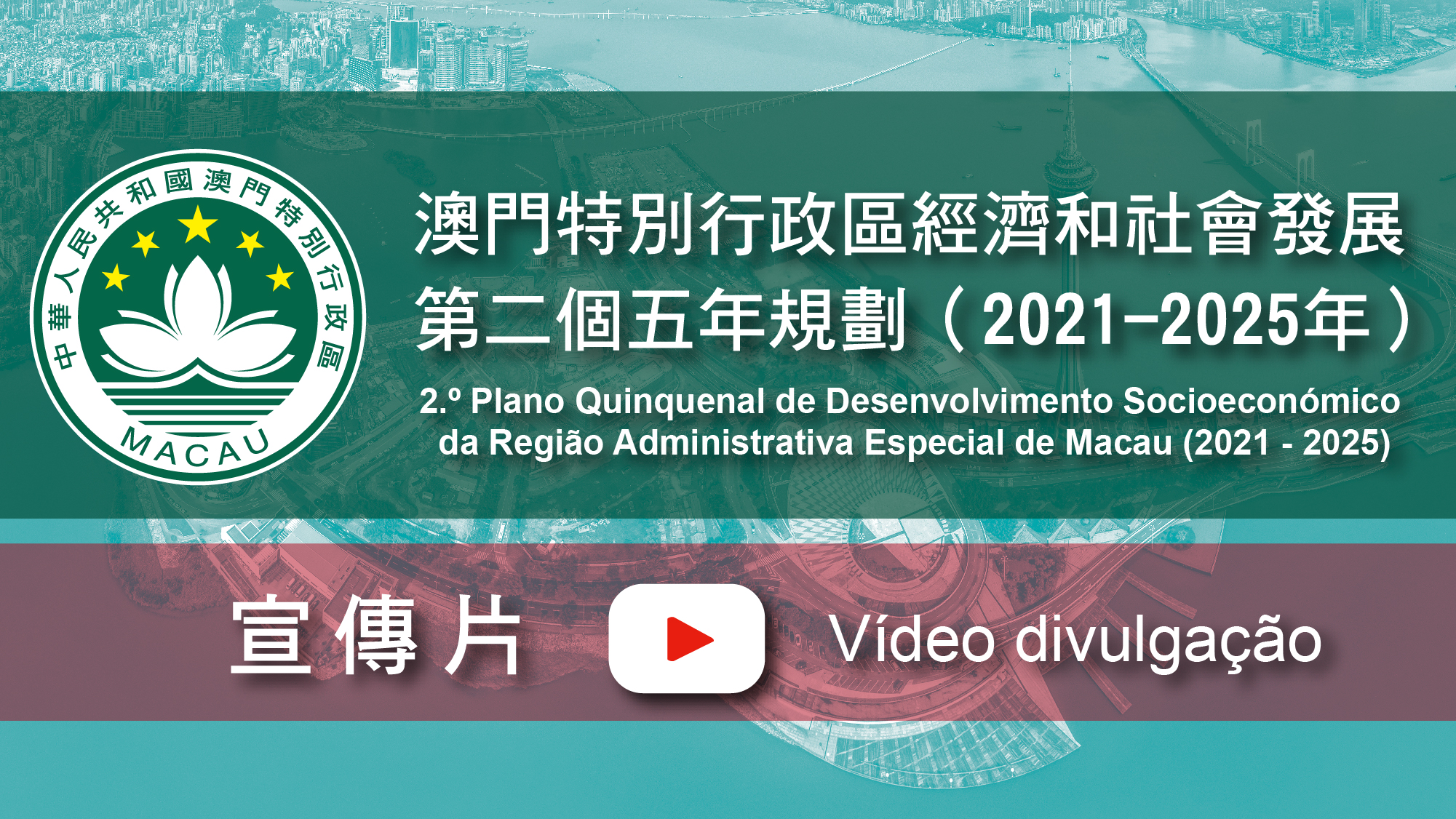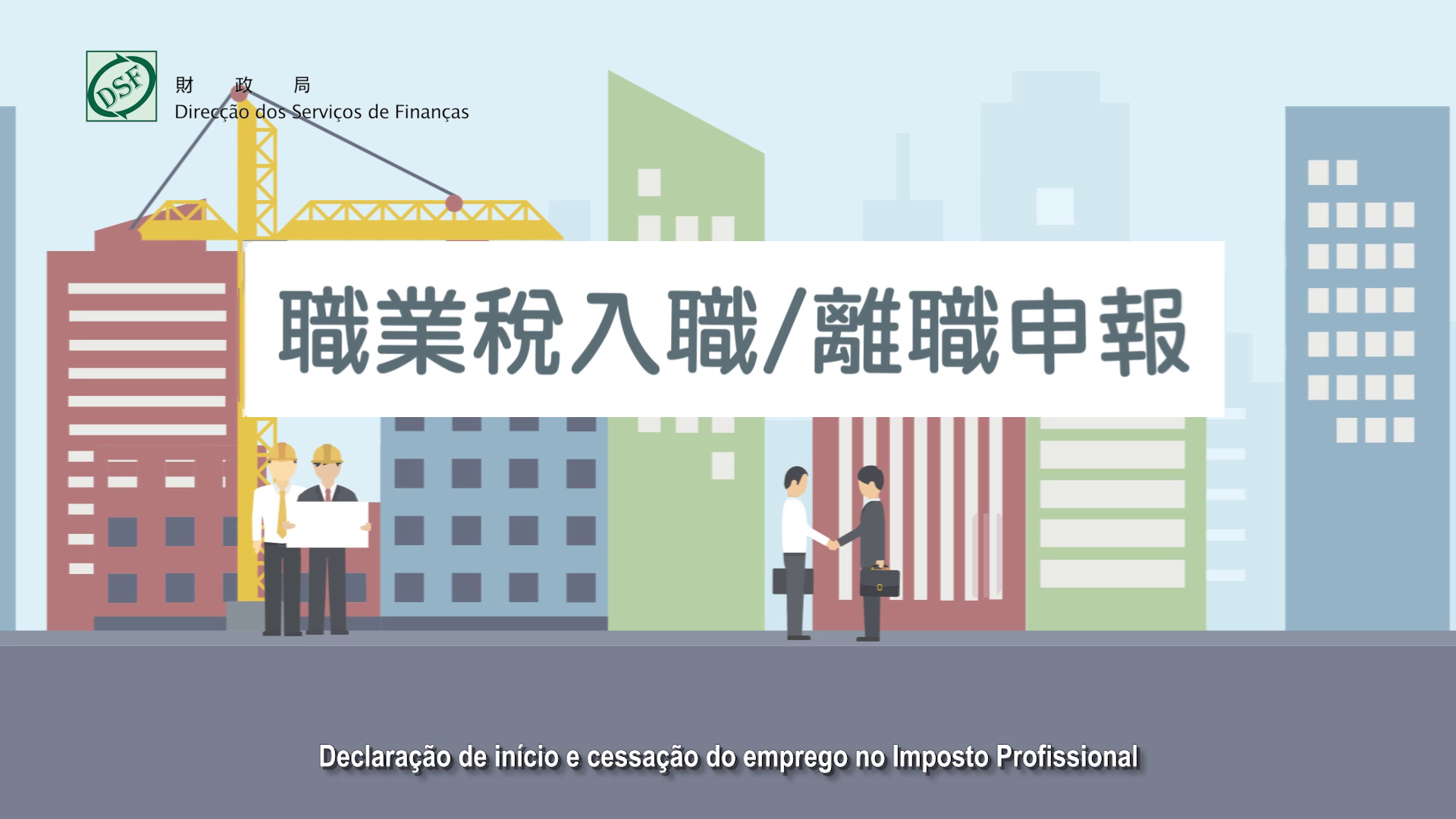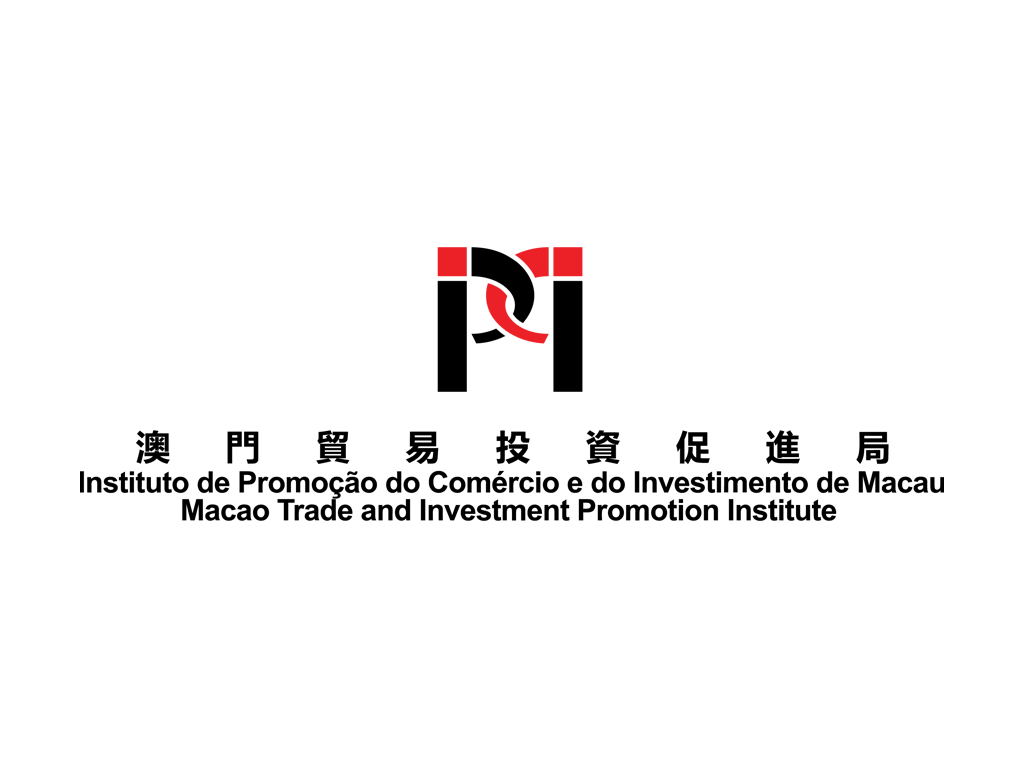Pesquisar
1. Macao’s Investors Residency Permit Law Proves Highly Attractive
Macao’s economy entered a recession in the mid-1990s. Its real estate industry, in particular, has remained sluggish since it got overheated in the early 1990s. In order to boost economic development, the Macao SAR Government adopted the Law on Resident Permits for Investors in 1995 to attract high-caliber talent and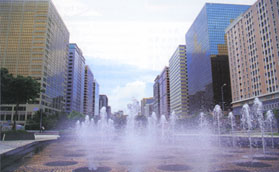 investment promising high economic return. Since Macao’s return to the Chinese Motherland, the Macao SAR government has repeatedly streamlined and simplified the administrative procedures for the granting of residency permits to investors. Between the beginning of last year and the middle of this year, the Investment and Trade Promotion Institute (IPIM) of the Macao SAR Government has received more than 1,000 applications for residency permit from investors. At the same time, the real estate industry in Macao has witnessed a dramatic increase in sales volume, which has not been seen for several years.
investment promising high economic return. Since Macao’s return to the Chinese Motherland, the Macao SAR government has repeatedly streamlined and simplified the administrative procedures for the granting of residency permits to investors. Between the beginning of last year and the middle of this year, the Investment and Trade Promotion Institute (IPIM) of the Macao SAR Government has received more than 1,000 applications for residency permit from investors. At the same time, the real estate industry in Macao has witnessed a dramatic increase in sales volume, which has not been seen for several years.
The newly amended Law stipulates that an applicant is entitled to apply for residency in Macao if he or she undertakes to invest more than one million patacas in Macao, either in the form of real estate or other tangible production investment.
The SAR Government has worked hard to improve the efficiency of the public administration and to improve the investment environment since the handover. In March 2001, the SAR Government revoked a provision in the Law which requested applicants to submit documentation to prove that he or she lived in Macao for two full consecutive years. IPIM has set up a special reception counter to serve applicants more efficiently. Since launching the new service, great progress has been made in attracting investment. Last year IPIM received 484 applications, 443of which were approved, involving investment of more than 300 million patacas. In the first half of this year, IPIM received 258 new applications involving investment of about 240 million patacas.
2. Investors Become More Confident
Mr. Lao Ngai Leong, vice-president of the Macau Real Estate Association, told Macao Image that the local property market started to face problems in 1990 and it began to decline in 1994, adding that most local residents in Macao have already bought their own flats, so their demand is rather limited. Due to inadequate local demand, the industry has been in the doldrums for several years.

Mr. Lao Ngai Leong, Vice-President of Macao Real Estate Association
Mr. Lao indicated that the SAR Government had made great efforts to improve infrastructures, including the launch of several transportation network projects and other infrastructure schemes, as well as large-scale training courses for public servants in order to improve the public administration. “The most important factor has been a marked improvement in public order. The proportion of solved crimes has increased and the number of the criminal cases had decreased. Thus investors are more confident and more external investments have been attracted,” said Mr. Lao.
He also pointed out that the real estate prices in Macao had bottomed out recently, so that prices now were very attractive compared with those in Hong Kong, Shenzhen, Guangzhou and other neighbouring cities. He also said that the Law had also played a positive role in promoting the development of the local real estate industry. Mr. Lao also said the real estate industry was the direct beneficiary of more investors from outside Macao. According to him, there have been really encouraging developments throughout the industry in the past two years. This is a positive indication, after several years recession in the industry, although people should not regard it as an overall recovery of the industry at this stage.
3. The Number of Investor Residency Permit Applications Increases
Macao is an international city as well as a free port with free flow of capital and manpower, and there are no foreign exchange controls and tax rates are low. All that is very attractive to outside investors. Currently, residency-permit applicants are mainly investors from Hong Kong, the Mainland China and Taiwan. There has been a remarkable increase in the number from Taiwan applicants since last year. Mr. Lao indicated there were many Taiwanese businessmen active in the whole Pearl River Delta, who usually entered the Mainland via Macao, so it could be a base for them. He also said that overseas Chinese in Southeast Asia were economically strong, and some of them were considering emigrating in light of social turbulence and lack of stability in some countries in the region.
According to him, Macao, a city with a large Chinese population and of a similar cultural background, could be a place of residence or investment for some overseas Chinese in the Southeast Asia.
Last October, IPIM, in conjunction with several real estate and property development associations of Macao, hosted a large event, “Living in Macao” at the 5th Macao International Trade and Investment Fair to publicise Macao’s investment environment and the residency permit application procedures for investors. The results were good, so the same event will be held again this year. Mr. Lao said that IPIM had done a lot in handling residency permit applications in the past two years. He also said that, judging from the feedback from members of the association and real estate businessmen, one could say that IPIM had greatly improved its efficiency and that in particular, the One-Stop Service had helped the investors a lot. But IPIM should intensify its efforts to promote and introduce its activities, and it should further diversify its methods of doing so. Moreover, follow-up services should also be improved.
<



